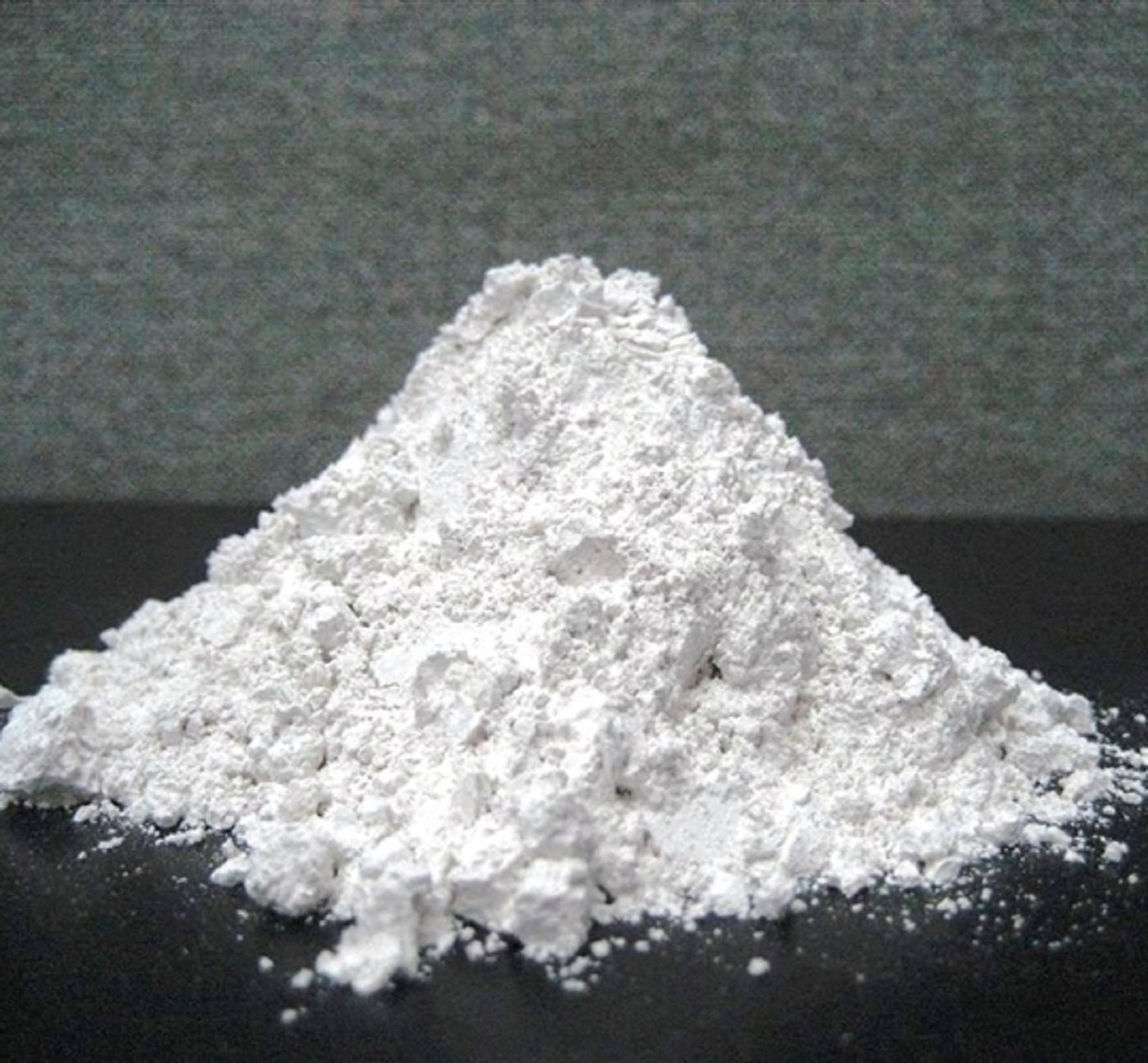Limestone Powder for Construction: Applications and Benefits
Limestone powder has become an essential component in modern construction, offering enhanced strength, durability, and cost-effectiveness. This comprehensive guide explores how limestone powder is revolutionizing the construction industry through its unique properties and versatile applications.

Why Limestone Powder in Construction?
Limestone powder (calcium carbonate) offers several advantages in construction applications:
- Enhanced Strength: Improves compressive strength of concrete
- Cost Reduction: Acts as a cost-effective filler material
- Workability: Improves concrete workability and finish
- Durability: Enhances long-term structural integrity
- Environmental Benefits: Reduces carbon footprint
Applications in Construction Industry
1. Cement Production
Limestone powder is a fundamental component in cement manufacturing, serving multiple critical functions:
- Raw Material: Primary source of calcium oxide (CaO) in cement
- Clinker Formation: Essential for proper clinker chemistry
- Strength Development: Contributes to early and ultimate strength
- Setting Time: Influences cement setting characteristics
Technical Insight
In cement production, limestone powder typically constitutes 70-80% of the raw material mix, making it the most critical component for achieving desired cement properties.
2. Concrete Applications
Limestone powder enhances concrete performance in several ways:
Concrete Mix Design
- Filler Effect: Fills voids between cement particles
- Particle Packing: Improves particle size distribution
- Water Reduction: Reduces water demand for same workability
- Strength Enhancement: Increases compressive and flexural strength
Performance Benefits
Strength Improvement
Up to 15% increase in 28-day compressive strength with proper limestone powder addition.
Cost Savings
5-10% reduction in concrete costs through optimized mix design.
3. Soil Stabilization
Limestone powder is widely used for soil stabilization in construction projects:
- pH Adjustment: Neutralizes acidic soils
- Moisture Control: Reduces soil plasticity
- Strength Improvement: Increases soil bearing capacity
- Drainage Enhancement: Improves soil drainage properties
4. Asphalt and Road Construction
In road construction, limestone powder serves multiple purposes:
- Asphalt Filler: Improves asphalt mix properties
- Base Material: Used in road base construction
- Drainage Layer: Enhances water drainage
- Cost Optimization: Reduces overall construction costs
Technical Specifications for Construction Use
| Parameter | Construction Grade | Test Method |
|---|---|---|
| Calcium Carbonate (CaCO₃) | 95-98% | IS 1760 |
| Mesh Size | 200-400 Mesh | IS 460 |
| Moisture Content | <0.5% | IS 1760 |
| Whiteness | 85-95% | Hunter Lab |
| pH | 8.5-9.5 | IS 1760 |
Quality Standards and Certifications
For construction applications, limestone powder must meet specific quality standards:
- IS 1760: Indian Standard for limestone powder
- ASTM C150: Standard specification for Portland cement
- BS EN 197-1: European standard for cement
- IS 456: Code of practice for plain and reinforced concrete
Best Practices for Construction Use
Storage and Handling
- Store in dry, covered areas to prevent moisture absorption
- Use proper handling equipment to avoid contamination
- Maintain proper inventory rotation (FIFO principle)
- Regular quality testing before use
Mix Design Optimization
- Conduct trial mixes with different limestone powder percentages
- Test for workability, strength, and durability
- Optimize particle size distribution
- Consider environmental conditions
Environmental Benefits
Using limestone powder in construction offers significant environmental advantages:
- Carbon Footprint Reduction: Lower CO₂ emissions compared to pure cement
- Waste Utilization: Uses industrial by-products effectively
- Energy Efficiency: Reduces energy consumption in production
- Sustainable Construction: Supports green building initiatives
Cost-Benefit Analysis
Cost Savings
- 5-10% reduction in concrete costs
- Lower transportation costs
- Reduced material waste
- Improved construction efficiency
Performance Benefits
- Enhanced structural strength
- Improved durability
- Better workability
- Reduced maintenance costs
Future Trends in Construction
The construction industry is increasingly adopting limestone powder for:
- High-Performance Concrete: Ultra-high strength applications
- Green Building: Sustainable construction practices
- Smart Infrastructure: Intelligent building systems
- 3D Printing: Additive manufacturing in construction
Important Note
Always consult with qualified engineers and conduct proper testing before incorporating limestone powder into construction projects. Quality and consistency are crucial for structural integrity.
Limestone Powder in Construction: Cement, Concrete and Beyond
Limestone powder construction applications extend beyond cement and concrete. Here is a summary of where limestone powder adds value in the construction industry:
- Cement production: 70–80% of raw mix; provides CaO for clinker formation
- Concrete filler: Improves particle packing, reduces permeability, enhances durability
- Soil stabilization: Mixed with expansive soils to improve load-bearing capacity for roads and foundations
- Tile adhesives and grouts: Provides body, workability, and crack resistance
- Asphalt filler: Improves binder adhesion and pavement durability
- Lime mortar: Traditional and restoration building applications
- Limestone powder cement (PLC — Portland Limestone Cement) reduces CO₂ emissions by 10% vs ordinary Portland cement
Shikhar Microns supplies limestone powder for construction in 200–600 mesh from Rajasthan, India — view specifications or request a quote.
Conclusion
Limestone powder has proven to be an invaluable material in modern construction, offering enhanced performance, cost savings, and environmental benefits. From cement production to soil stabilization, its versatility makes it essential for various construction applications. By understanding its properties and following best practices, construction professionals can optimize their projects for better performance and sustainability.
For high-quality limestone powder suitable for construction applications, contact Shikhar Microns for expert guidance and competitive pricing.